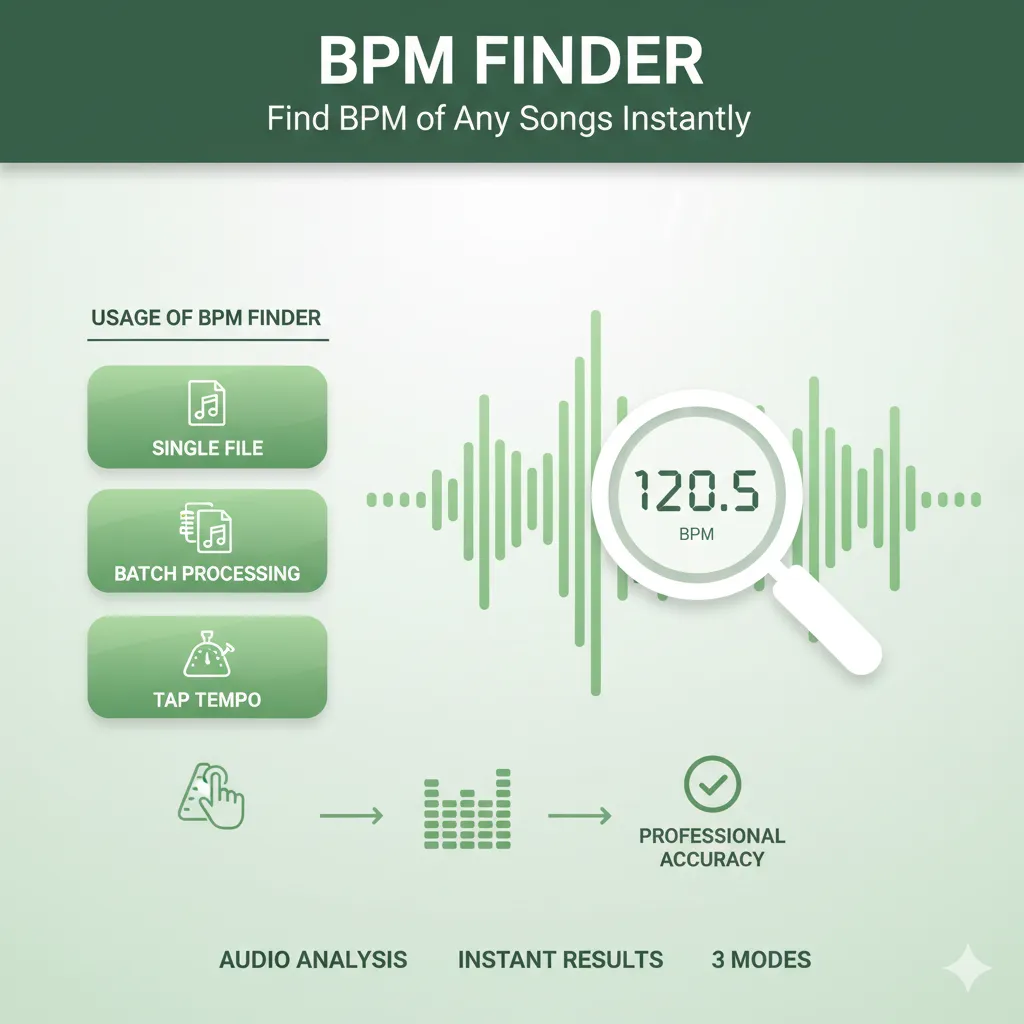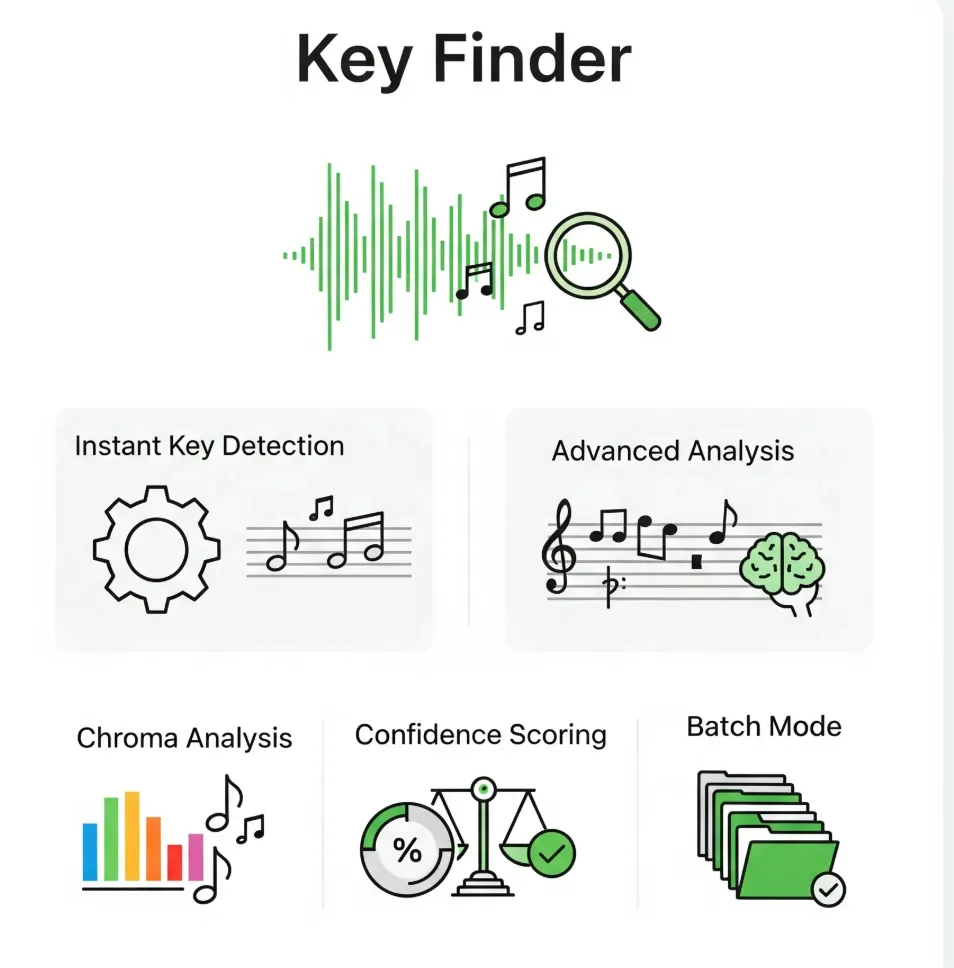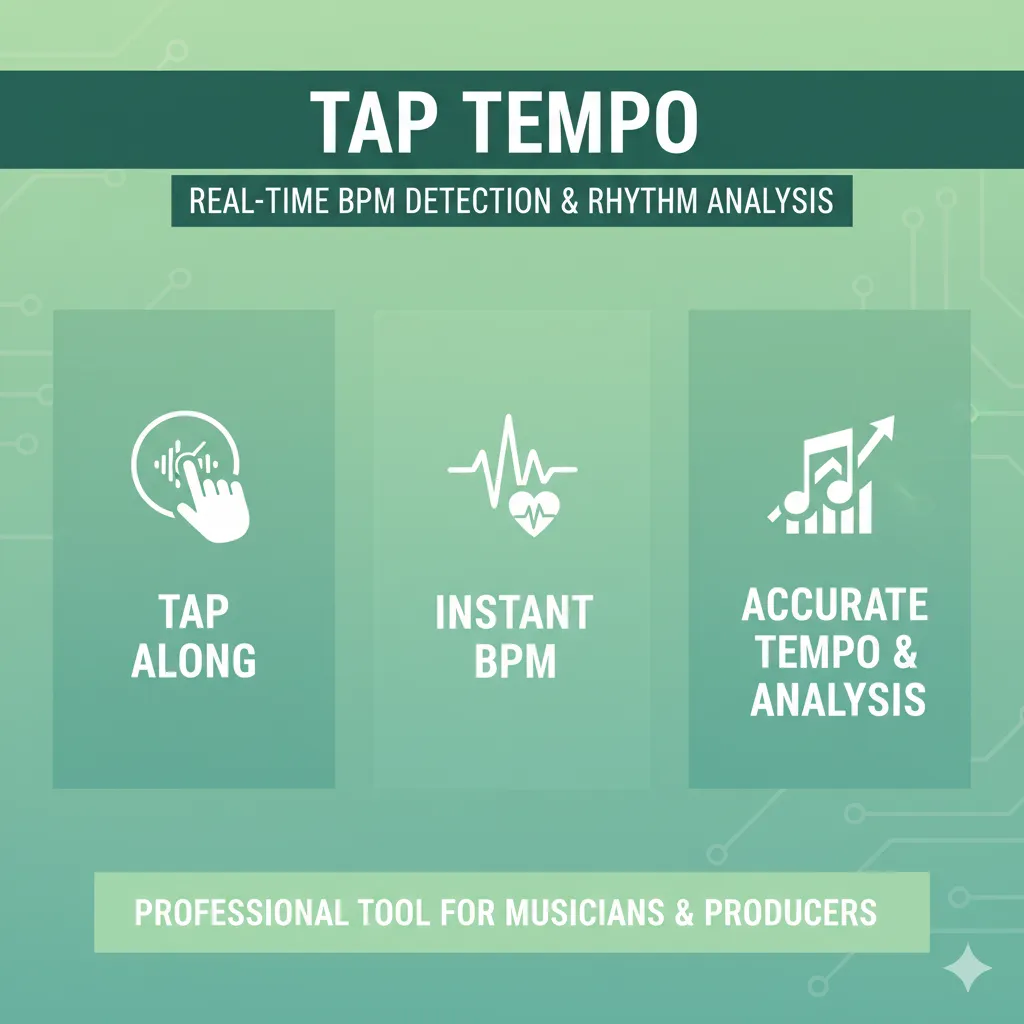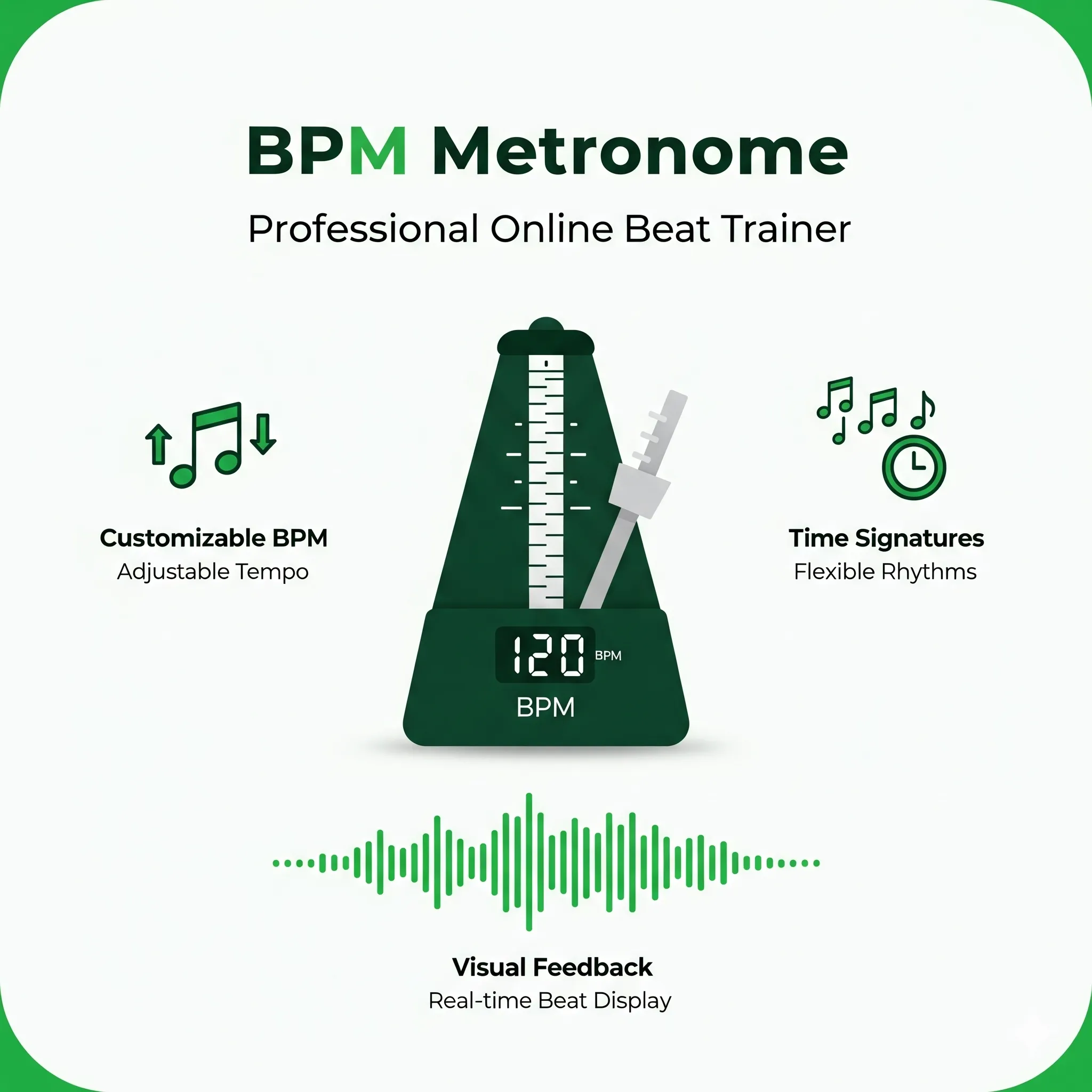Delay & Reverb Calculator
Instantly convert BPM into delay times, dotted and triplet variations, and reverb pre-delay suggestions so every echo and space sits inside the groove.
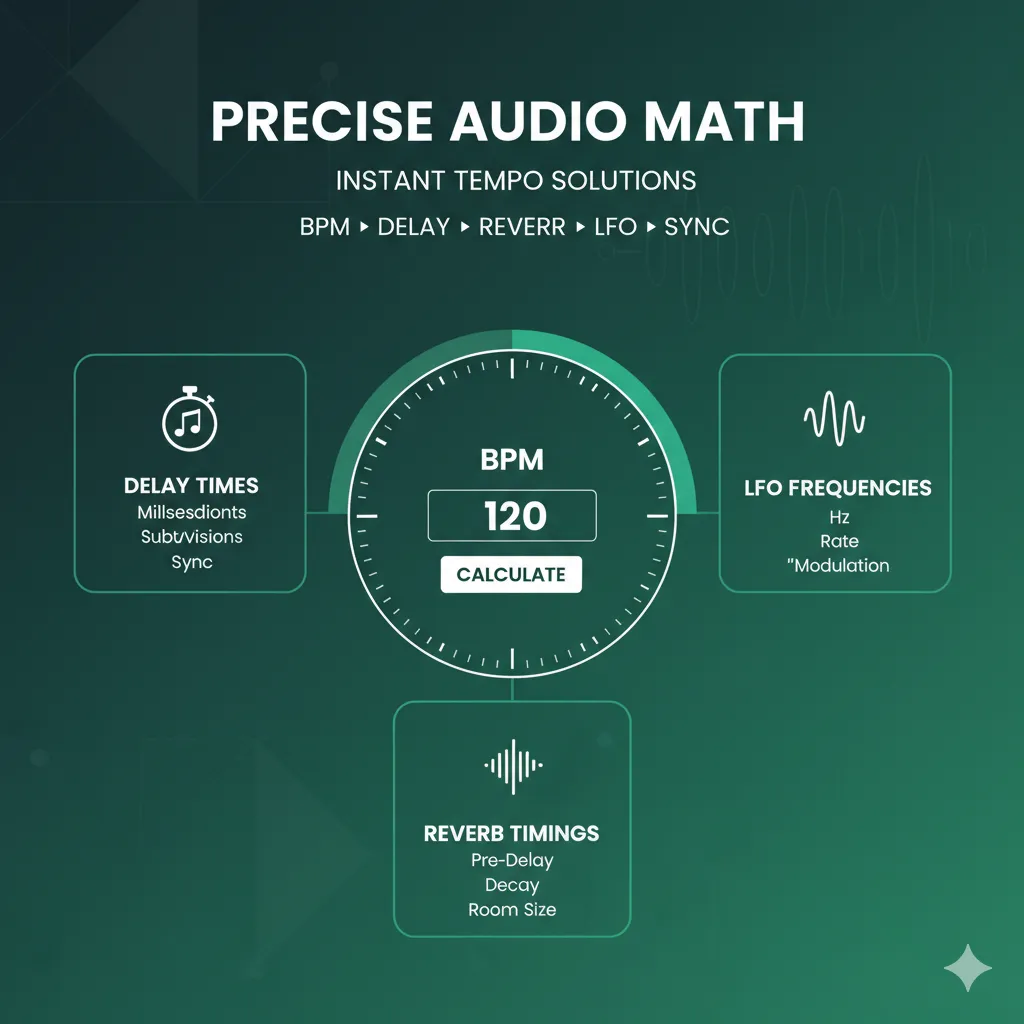
Delay & Reverb Calculator
Displaying results for 120.00 BPM.
Tip: paste or type a BPM value and the tables update instantly.
Reverb Times
Suggested pre-delay, decay, and total reverb time settings for common room sizes.
| Reverb Size | Pre-Delay | Decay Time | Total Reverb Time |
|---|---|---|---|
Tight Ambience(1/4 Note) | |||
Small Room(1/2 Note) | |||
Large Room(1 Bar) | |||
Hall(2 Bars) |
Delay Times & LFO Frequencies
Note values for regular, dotted, and triplet delays with matching modulation frequencies.
| Note Value | Notes | Dotted | Triplet |
|---|---|---|---|
1/1(1 Bar) | |||
1/2(1/2 Bar) | |||
1/4(1/4 Bar) | |||
1/8(1/8 Bar) | |||
1/16(1/16 Bar) | |||
1/32(1/32 Bar) | |||
1/64(1/64 Bar) | |||
1/128(1/128 Bar) | |||
1/256(1/256 Bar) | |||
1/512(1/512 Bar) |
Recommended Tools
Discover additional tools to enhance your music production workflow
Quick Navigation
Jump to any section on this page.
Delay & Reverb Calculator Use Cases
See how tempo-locked effects accelerate different workflows
Ready to discover how BPM Finder can transform your music workflow?
How the Delay & Reverb Calculator Works
Transparent math that keeps creative momentum high.
Tempo Foundation
Derives quarter-note length from 60,000 milliseconds divided by your BPM input.
Subdivision Matrix
Calculates eighths, sixteenths, dotted, and triplet timings to map any rhythmic feel.
Reverb Room Models
Applies proven ratios for small, medium, large, and hall spaces to suggest pre-delay and decay.
Instant Clipboard Copy
One-click copy keeps your focus in the mix instead of bouncing between calculators.
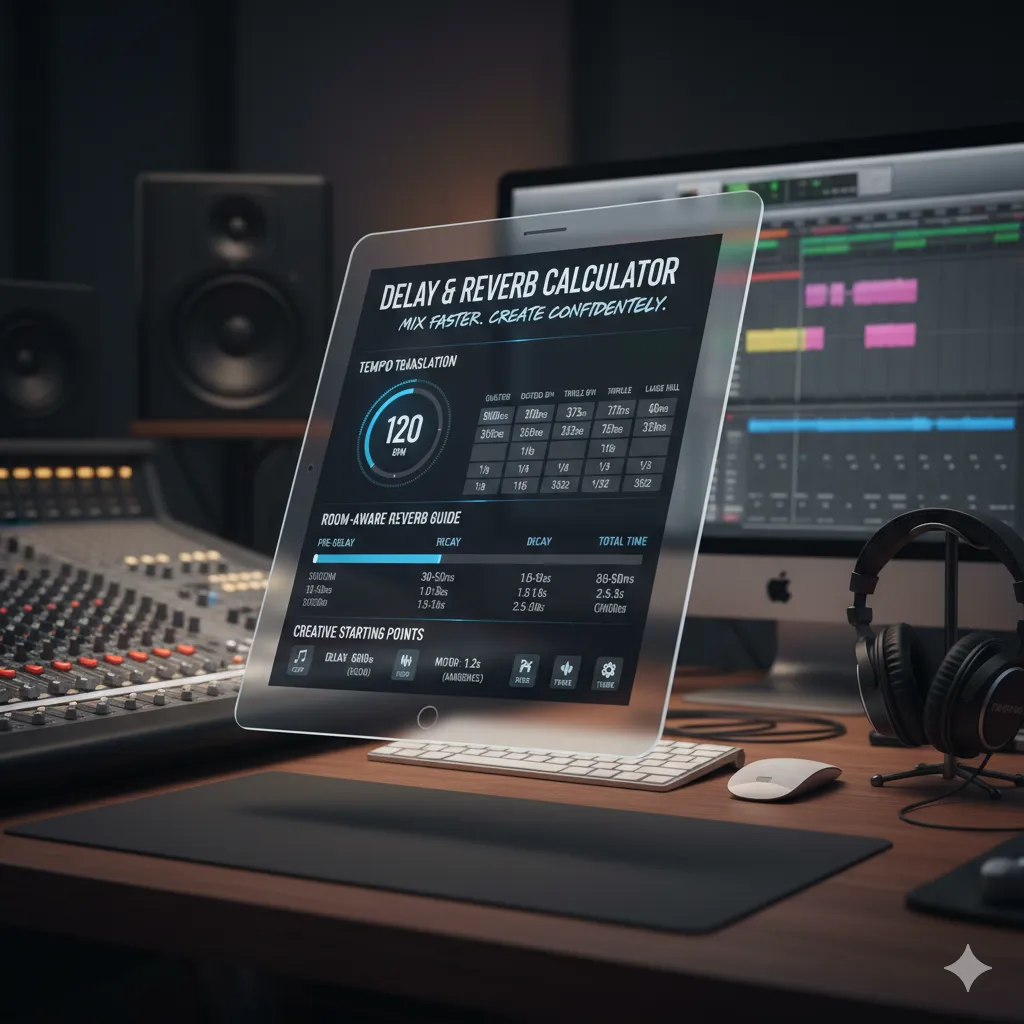
What Is the Delay & Reverb Calculator?
A tempo-aware reference tool that converts BPM into precise delay times, modulation frequencies, and reverb parameters so you can mix faster with confidence.
- Instant Tempo TranslationAutomatically derives quarter-note timing and every common subdivision, including dotted and triplet values.
- Room-Aware Reverb GuideProvides suggested pre-delay, decay, and total time ranges for small rooms through halls.
- Creative Starting PointsDesigned to spark ideas—copy the calculated value, drop it into your plugin, and tweak to taste.
Why Producers Rely on the Calculator
Stop guessing and start mixing with numbers that reinforce the groove.
Faster Mix Decisions
Jump straight to usable delay and reverb settings without pausing the session for math.

Consistent Live Shows
Lock FX racks to show tempos so every venue hears the same polished ambience.

Hardware Friendly
Ideal for pedals and vintage units that only accept milliseconds or Hertz.

Trusted Reference Points
Predialed room-size presets keep vocals, drums, and instruments inside the pocket.

Creative Exploration
Dotted and triplet timing unlocks syncopated echoes without trial-and-error.

Workflow Confidence
Back every decision with tempo-aligned math so clients and collaborators stay aligned.

BPM Finder Blog
BPM Finder tips, tutorials, and guides for creators

pdfzus: Privacy-First PDF Zusammenfügen for Music Creators
Discover pdfzus, a client-side PDF merging tool that protects your contracts, royalty statements, invoices, and other documents. Perfect for DJs, producers, and music professionals who value privacy.
Read More

120 BPM Songs: The Best Tempo for Every Scenario and Mood
Discover the best 120 BPM songs across all genres! From pop hits to electronic anthems, best for dancing, running, and productivity.
Read More

BPM Finder Reviews: What Users & Media Are Saying About Us
Comprehensive collection of user reviews, testimonials, and media coverage of BPM Finder tools. Discover what DJs, producers, and music enthusiasts really think about tempo detection software.
Read More

How to Find BPM of a Song: Producer-Grade Workflow and Tools
Master how to find BPM of a song with tap tempo, apps, DAWs, and advanced analysis techniques DJs and producers trust.
Read More

Running BPM Mastery: 2025 Heart Rate & Cadence Playbook
Master running bpm in 2025 with heart rate science, cadence tuning, and a 15-step action plan backed by lived experience, expert research, and pro tools.
Read More

How Many BPM is Normal? Complete Heart Rate Guide for All
Discover what BPM is normal for adults, children, and athletes. Learn age-specific heart rate ranges, when to worry, and how to measure accurately.
Read More

How to Calculate BPM: Guide to Heart Rate & Music Tempo (2025)
Learn how to calculate BPM for both heart rate and music tempo. Step-by-step methods, tools, and expert tips for accurate BPM measurement.
Read More

Best Tunebat BPM Alternative: 7 Superior Tools in 2025
Discover accurate Tunebat BPM alternatives that solve key detection issues. Compare top tools like bpm-finder.net, Mixed in Key, and more for DJs and producers.
Read More
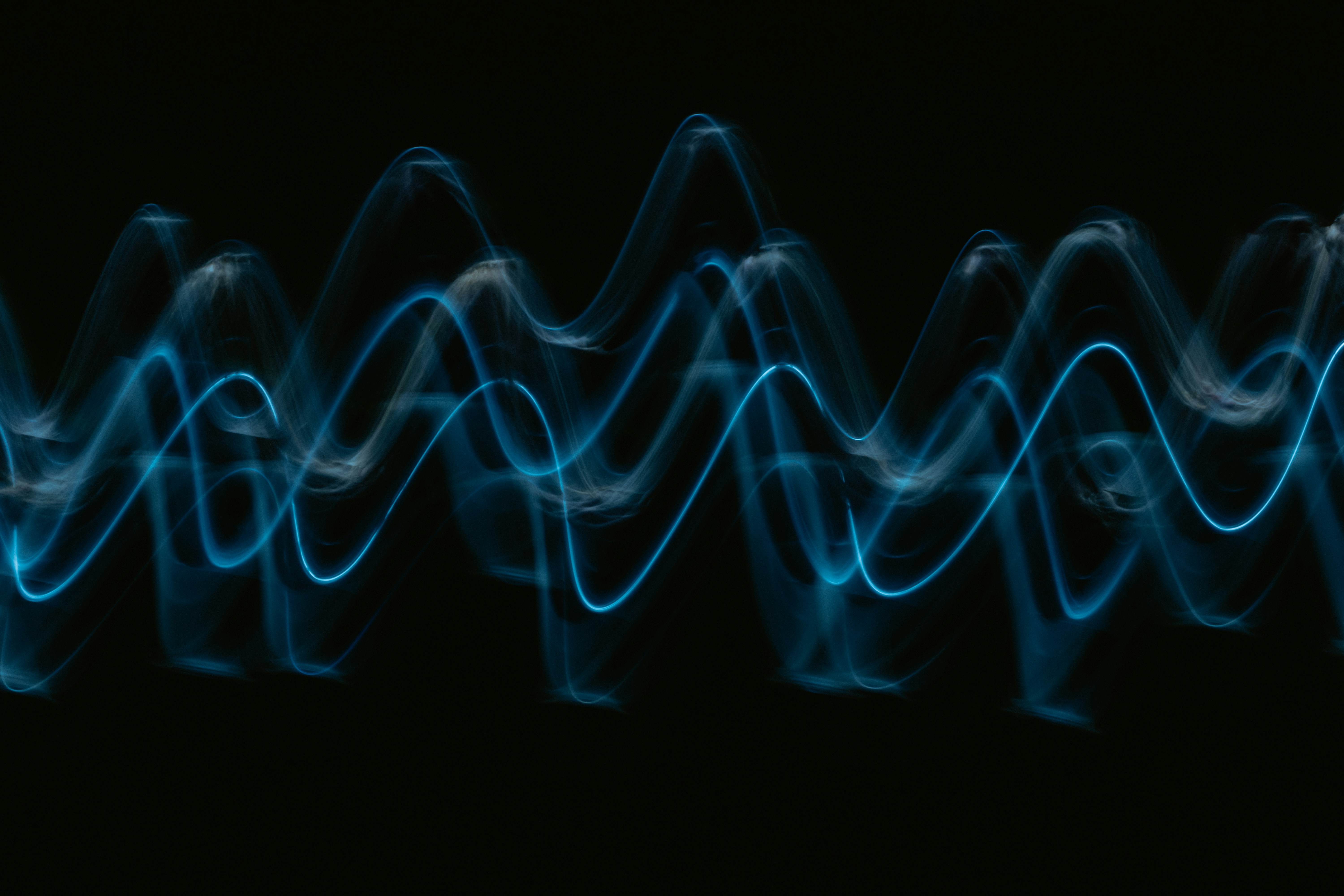
What Is Lossless Audio? Complete Guide in 2025
Discover what is lossless audio with our comprehensive guide. Learn about FLAC vs ALAC formats, streaming services, equipment requirements.
Read More
How to Use the Delay & Reverb Calculator
A three-step workflow to tempo-lock your effects:
Delay & Reverb Calculator Features
Built for engineers, producers, and live techs who need reliable tempo-synced data.
Comprehensive Timing Tables
Regular, dotted, and triplet values across note divisions with live BPM updates.
LFO Frequency Readouts
Converts rhythmic subdivisions into Hertz for choruses, flangers, and modulated delays.
Room-Based Reverb Presets
Pre-delay and decay targets mapped to studio room sizes for natural-sounding tails.
Decimal BPM Support
Handles floating-point tempos used in modern electronic and film scoring sessions.
Clipboard-Friendly Actions
Tap any value to copy it instantly—no modal dialogs or secondary menus.
Responsive Interface
Optimized layout scales from mobile browsers to multi-monitor studio rigs.
Why Mixers Trust This Delay & Reverb Calculator
Validated timing references that translate between studio, stage, and streaming.
Tempo Coverage
40–240 BPM
Accurate calculations across the full range of modern productions.
Delay Variations
27 presets
Nine note divisions delivered in regular, dotted, and triplet flavors.
Copy Actions
1 click
Every value is clipboard-ready for zero-friction workflows.
What Engineers Say About the Delay & Reverb Calculator
Real-world feedback from mixers and producers who rely on the calculator every day.
Maria Alvarez
Mix Engineer, Pop & Latin
Dialing in tempo-based FX is no longer a speed bump. I paste the numbers, tweak by ear, and keep the artist in the flow.
Devon Clarke
Touring FOH Engineer
Having dotted and triplet timings ready for every show tempo keeps the transitions smooth and repeatable night after night.
Akira Tanaka
Electronic Producer & Sound Designer
The LFO frequency readouts are gold—my modulated delays lock to the beat while still sounding experimental.
Delay Reverb Calculator FAQ
Get quick answers about the delay reverb calculator, timing conversions, and real-world workflows.
What BPM range does the calculator support?
You can enter any BPM above 1. The delay reverb calculator tables are optimized for 40–240 BPM, covering everything from ballads to fast EDM.
How are the reverb room suggestions determined?
Each room size uses widely adopted starting points: shorter pre-delay for intimate spaces, longer decays for halls. Use the delay reverb calculator values as a baseline and adjust by ear.
Can I use decimal tempos like 123.45 BPM?
Yes. The delay reverb calculator supports decimal input and returns values rounded to two decimals so you can match film scoring or Ableton warp markers.
Do the delay tables include dotted and triplet values?
Absolutely. Every note division in the delay reverb calculator is offered in regular, dotted, and triplet variations with matching LFO frequencies.
Does the tool work offline?
Once loaded, the delay reverb calculator runs entirely in your browser with no additional downloads or logins required.
Can I store my own presets?
Not yet, but you can copy values from the delay reverb calculator into your DAW or notes. We're exploring saved presets for a future update.
How does the delay reverb calculator help with hardware pedals?
Enter your tempo and copy the millisecond values the delay reverb calculator generates to sync analog pedals that lack tap tempo.
Can I use the delay reverb calculator for live shows?
Yes. Many front-of-house engineers rely on the delay reverb calculator to prep tempo-aligned FX snapshots that stay consistent between venues.
Does the delay reverb calculator support modulation plugins?
The delay reverb calculator outputs dedicated Hertz values so you can dial tempo-locked LFO rates for chorus, flanger, and tremolo effects.
What makes this delay reverb calculator different from spreadsheets?
The delay reverb calculator updates instantly, covers dotted and triplet timing, includes reverb room suggestions, and lets you copy any value with a single click.
Can the delay reverb calculator speed up my vocal mixing?
Yes. The delay reverb calculator gives you pre-delay and decay starting points so vocals sit in front of the mix without trial-and-error.
How does the delay reverb calculator handle halftime or double-time grooves?
Enter the BPM that matches your feel—if your track swings between halftime and double-time, the delay reverb calculator delivers subdivisions for both syncopations.
Is the delay reverb calculator useful for stereo widening tricks?
Absolutely. Use the delay reverb calculator to pull short millisecond offsets that keep Haas-effect widening in phase with the track tempo.
Can the delay reverb calculator support cinematic or ambient scoring?
The delay reverb calculator supports ultra-slow and decimal-tempo inputs, so film composers can align evolving ambiences to precise cue timings.
What if I need to document settings for clients?
Copy values from the delay reverb calculator into mix notes or session recall sheets to keep collaborators aligned on tempo-synced FX.
Does the delay reverb calculator reduce ear fatigue during long sessions?
By handling the math instantly, the delay reverb calculator lets you stay in a creative flow state instead of repeating loud playback while you guess timings.
Lock Your Effects to the Tempo in Seconds
Stop approximating delay and reverb times. Enter your BPM, copy the value, and keep producing.
Quick Navigation
Jump to any section on this page.
Delay & Reverb Tool
Tempo-synced calculator
Recommended Tools
More production helpers
Use Cases
Where it shines
How It Works
Under the hood
Introduction
Tool overview
Benefits
Why use it
Usage Guide
Step by step
Features
What you get
Stats
Performance data
Testimonials
User stories
FAQ
Common questions
Get Started
Take action
Hover to view • Click to jump
Nav
Quick Navigation
Jump to any section on this page.
Delay & Reverb Tool
Tempo-synced calculator
Recommended Tools
More production helpers
Use Cases
Where it shines
How It Works
Under the hood
Introduction
Tool overview
Benefits
Why use it
Usage Guide
Step by step
Features
What you get
Stats
Performance data
Testimonials
User stories
FAQ
Common questions
Get Started
Take action
Touch to toggle • Tap to jump
Recommended Tools
BPM Analyzer
PopularFind the tempo of any song with professional accuracy for DJs and producers.
Key Finder
Detect the musical key of any song with precision for harmonic mixing.
Tempo Change
Change the tempo of any song with professional accuracy for DJs and producers.
Tap Tempo
Tap along to any song or rhythm to instantly get accurate BPM measurements.
BPM Metronome
A metronome with customizable BPM, time signatures, as professional beat trainer.
Hover to view • Click to use tools
Tools
Recommended Tools
BPM Analyzer
PopularFind the tempo of any song with professional accuracy for DJs and producers.
Key Finder
Detect the musical key of any song with precision for harmonic mixing.
Tempo Change
Change the tempo of any song with professional accuracy for DJs and producers.
Tap Tempo
Tap along to any song or rhythm to instantly get accurate BPM measurements.
BPM Metronome
A metronome with customizable BPM, time signatures, as professional beat trainer.
Touch to toggle • Tap to use tools

